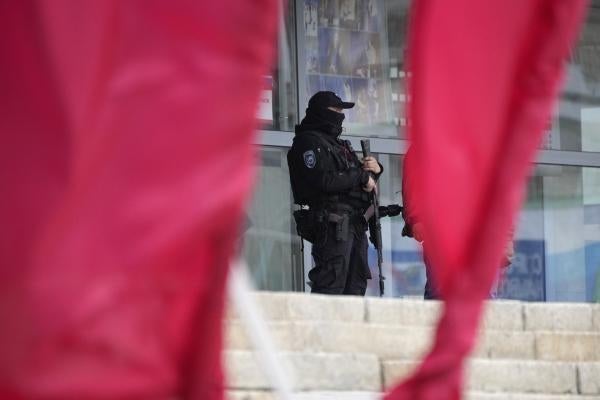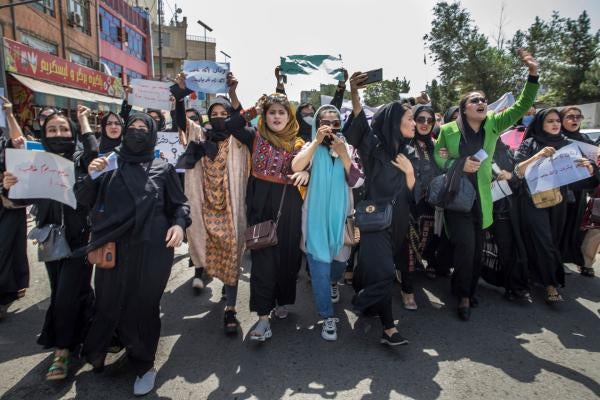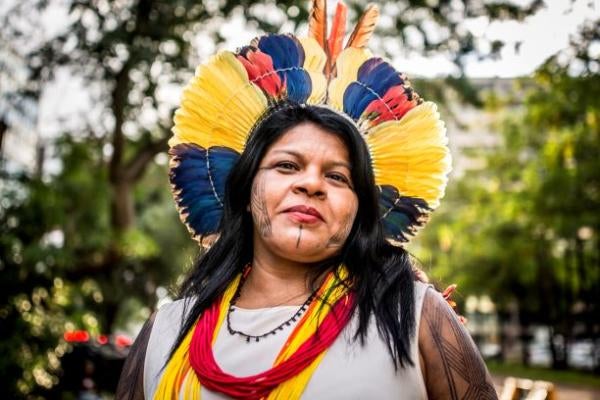Watching Vladimir Putin speak on Friday about his sham annexations of Ukrainian territory as Russia’s “great liberation mission,” my colleague, Yulia Gorbunova, recalled a woman from occupied Kherson, whom she interviewed some weeks ago.
Russia’s security agents had detained her entire family and interrogated her for hours with a plastic bag over her head. All the while, she could hear her husband being beaten in the next room.
“They kept asking me, ‘Are you a fascist?’ I told them that I was Ukrainian.”
“They said: ‘There is no such people. We are one people.’”
“So, I asked them, ‘if we are one people, why am I sitting here with a bag over my head, while you are beating my husband to death?’”
Putin’s “shammexations” of Donetsk, Luhansk, Zaporizhzhia and Kherson regions last week – complete with a hasty referendum held at gunpoint – have no legal value. Just as with Crimea in 2014, Russia remains an occupying power in these regions, bound by the Fourth Geneva Convention, which continues to guarantee protections to civilians in those areas.
And by all accounts, the occupiers have flouted those obligations.
My colleague Yulia, a senior researcher at HRW, has interviewed dozens of civilians from Kherson and Zaporizhzhia regions who shared horrific accounts like the one above. They describe beatings, electric shocks, and incommunicado detention at the hands of Russian forces. Many were locked up for days or weeks, blindfolded, with hands tied.
In areas now liberated from Russian occupation, HRW has documented extensive evidence of torture, as well as summary executions and enforced disappearances.
A new AP investigation in the newly liberated Ukrainian city of Izium confirms the pattern further, concluding: “Russian torture in Izium was arbitrary, widespread and absolutely routine for both civilians and soldiers throughout the city.”
Kremlin statements about annexation are fiction, but the horror of life under Russian occupation is as real as it gets.






